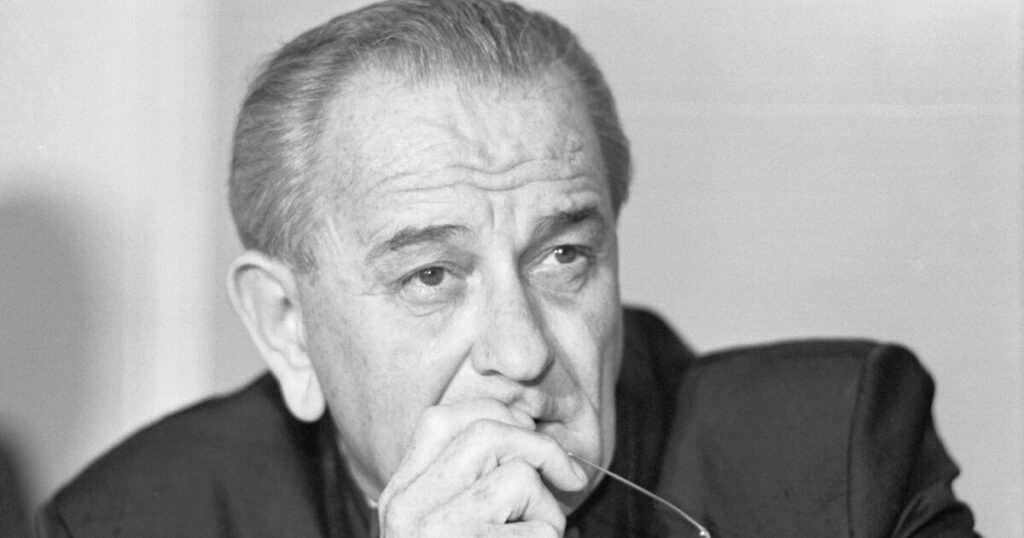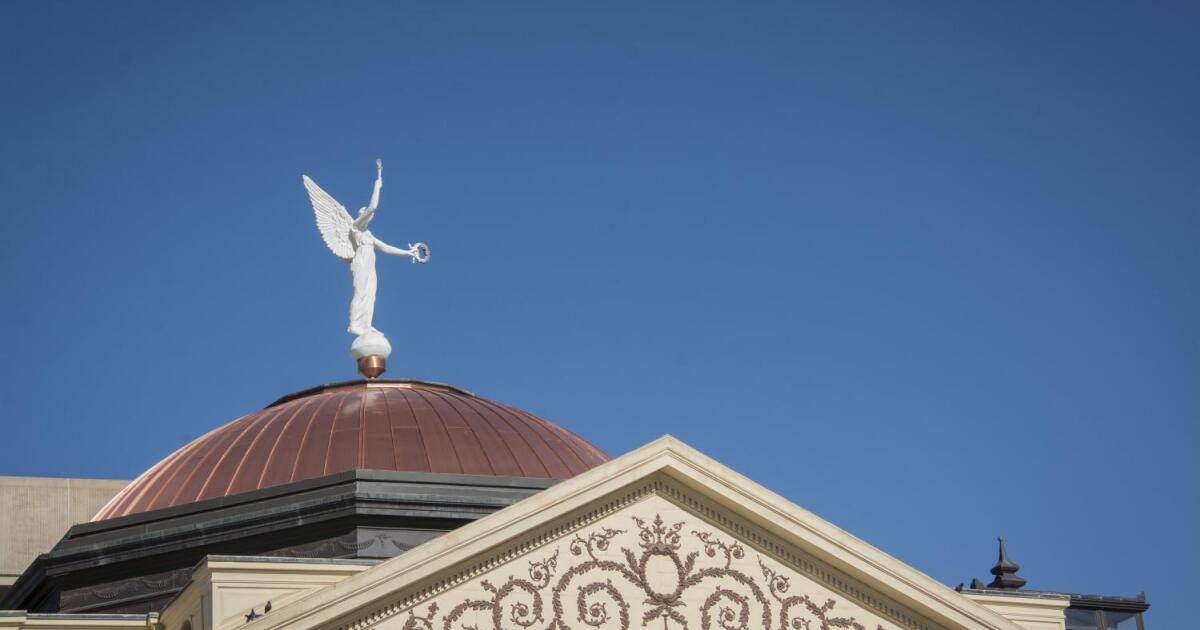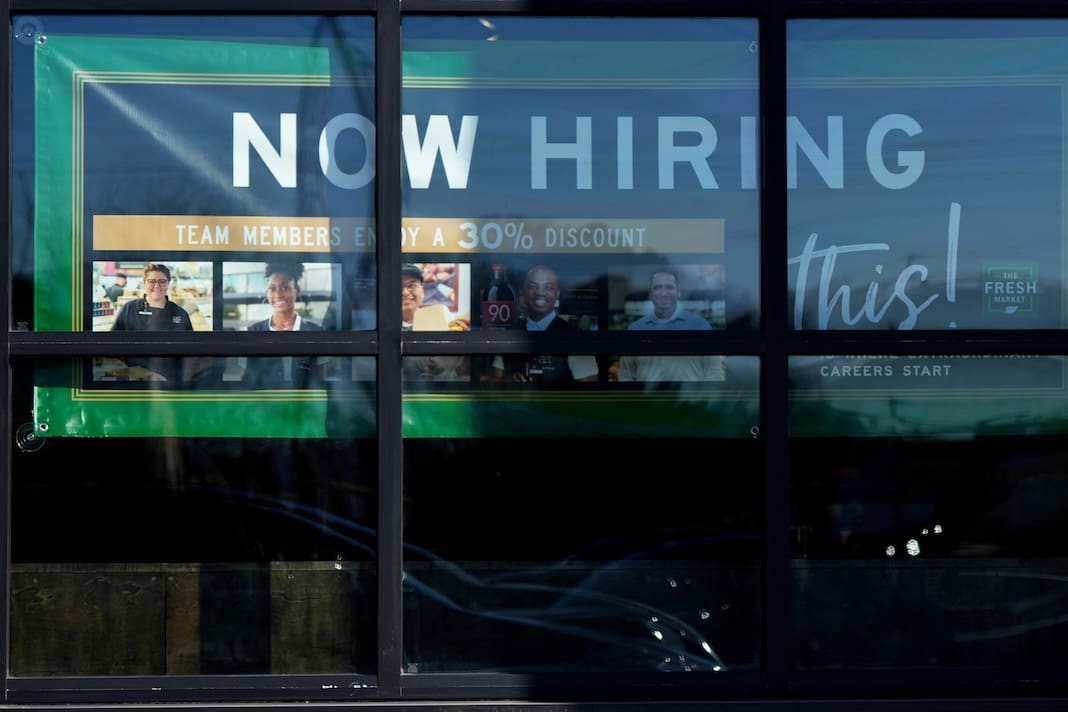The landscape of public broadcasting in the United States has dramatically shifted with recent legislative actions, sparking a debate about the future of federal funding for NPR and PBS. This change in funding comes decades after President Lyndon B. Johnson’s vision of enriching the human spirit through public media, encapsulated in the Public Broadcasting Act of 1967.
Historical Context and Legislative Change
Upon signing the Public Broadcasting Act, President Johnson pondered the impact of modern technology, asking, “What hath man wrought?” He emphasized the act’s purpose: “to enrich man’s spirit.” This act led to the creation of the Corporation for Public Broadcasting, PBS, and NPR, all initially supported with bipartisan approval aimed at shielding them from political influence.
However, recent moves in Congress have seen lawmakers vote along party lines to eliminate federal funding for these entities, reversing $1.1 billion previously allocated. This decision aligns with new Republican priorities, such as enhancing immigration enforcement and continuing tax cuts initiated under former President Trump. Critically, Trump has often targeted public broadcasting, citing alleged ideological biases.
Impact on Public Media Outlets
The loss of funding presents significant challenges for public media, especially for smaller stations. While NPR receives less than 2% of its revenue from federal funds, PBS and local stations rely more heavily on this support. Federal funding accounts for about 8-10% of budgets for public radio stations and roughly 15% for PBS member stations. For some, particularly those serving rural or tribal areas, this funding is crucial.
Tim Black, CEO of Tri-State Public Media in Indiana, which focuses on agricultural coverage, described the potential loss of federal funds as “pretty darn close to being catastrophic.” The station, heavily reliant on this support, might face significant operational challenges if federal aid ceases.
Scrutiny and Criticism of National Networks
While NPR and PBS face the financial repercussions, they also contend with increased scrutiny regarding their content. Past controversies have highlighted tensions over perceived biases, with some former executives advocating for a move away from federal funding. Vivian Schiller, a former NPR CEO, stated, “Journalism and government funding in the United States — those two things are incompatible.”
Despite these challenges, NPR and PBS continue to provide valuable news and cultural programming, often collaborating with local stations. However, some members of the public and media professionals have criticized NPR’s perceived progressive slant. Uri Berliner, a former NPR editor, lamented the network’s direction, stating, “Instead of restoring the journalism gold standard of neutral impartiality, the NPR leadership chose to squander the last year as the network doubled down on agenda-driven journalism by and for progressives.”
Future of Public Media
As public media stations brace for a new funding landscape, leaders like Maria O’Mara of PBS Utah express a desire to focus on the core mission of public service. O’Mara emphasized the importance of collaboration among stations and with national networks to maintain and enhance public service offerings.
NPR and PBS officials have defended the integrity of their reporting and remain committed to adapting in the face of funding and political challenges. Efforts to bolster public trust include establishing a senior editing team to review content, supported by grants from the CPB.
The debate over public broadcasting’s future in the U.S. reflects broader discussions about the role of government funding in media and the evolving landscape of journalism.
—
Read More Michigan News










